The second term of President Donald Trump has brought about stringent immigration policies that are significantly affecting U.S. higher education. These measures, particularly those targeting international students and faculty, are reshaping the academic landscape in America, leading to a decline in enrollment and faculty recruitment from abroad.
Restrictive Visa Policies and Their Impact
One of the most significant policy changes is the tightening of visa regulations for international students. The U.S. State Department has halted student visa interviews, revoked visas for students involved in protests, and canceled visas for those from countries deemed security risks.
In 2025, over 6,000 student visas were revoked, particularly impacting students linked to pro-Palestinian activism. This has created a chilling effect, discouraging international students from pursuing education in the U.S.
Financial Strain on Universities
International students contribute substantially to the financial stability of many U.S. universities. The tightening of visa policies has led to a decline in international student enrollment, putting financial pressure on these institutions. For example, George Washington University has reported budget cuts and potential layoffs, citing slow visa processing and travel bans as major contributing factors.
The loss of international students not only impacts university revenue but also diminishes the cultural and academic diversity that enriches campus life.
Impact on Faculty Recruitment and Retention
The Trump administration’s immigration policies have also affected faculty recruitment and retention. Increased scrutiny of international scholars, particularly those from countries like China, has created an atmosphere of uncertainty. Some faculty members are concerned about potential deportation or visa revocation based on their national origin or research focus.
This has led to a decline in the number of international scholars applying for academic positions in the U.S., diminishing the expertise and diversity within U.S. academic departments.
Legal Challenges and Institutional Responses
Several universities have taken legal action against the administration’s policies. Harvard University, for example, filed a lawsuit after the revocation of its Student and Exchange Visitor Program certification, which would have barred it from enrolling international students.
Harvard argued that the move was an unlawful overreach of government authority. Other institutions, such as Columbia University, have faced federal investigations and funding cuts, leading to policy changes to comply with federal demands.
Broader Implications for U.S. Higher Education
These restrictive immigration policies are having far-reaching effects on U.S. higher education. The decline in international student enrollment threatens the global competitiveness of American universities.
Meanwhile, countries like Canada, the UK, and Australia are offering more welcoming environments for international students and scholars, capitalizing on the uncertainty in the U.S.
This shift could lead to a brain drain, as talented individuals may choose to pursue academic and professional opportunities elsewhere, potentially weakening the U.S.’s position as a global leader in research and innovation.

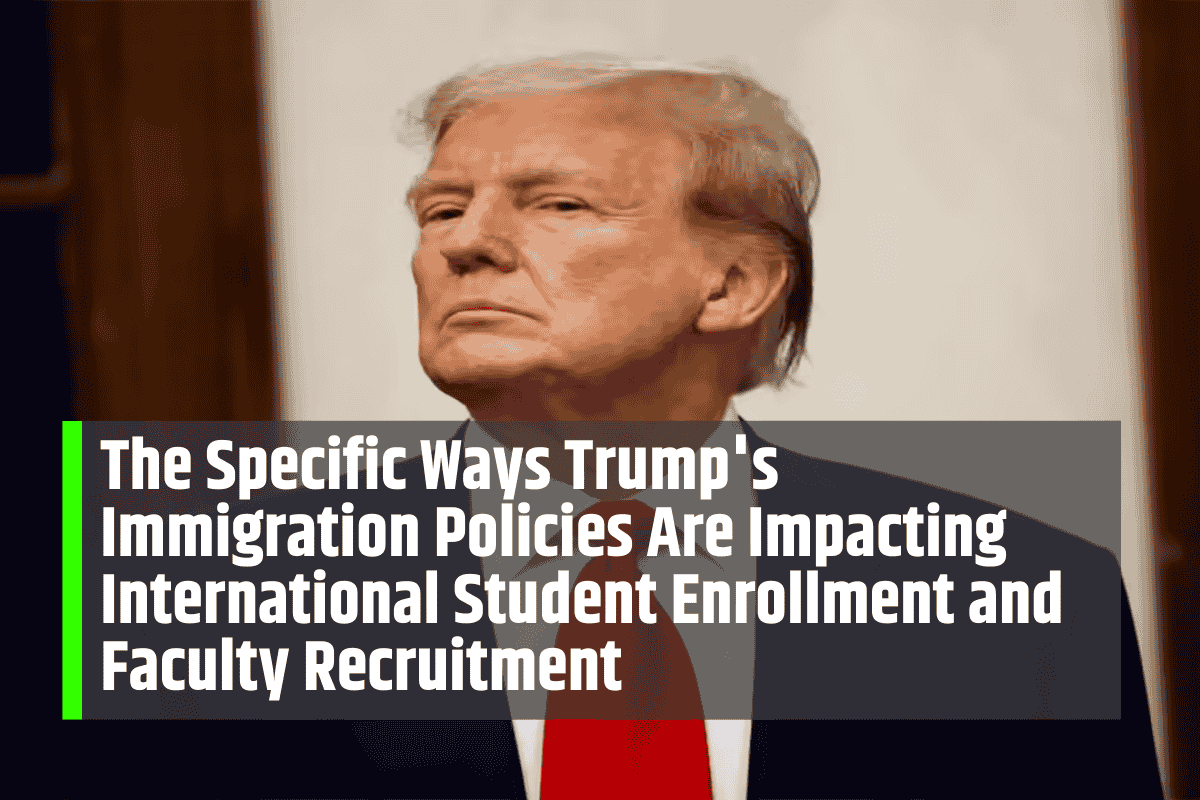

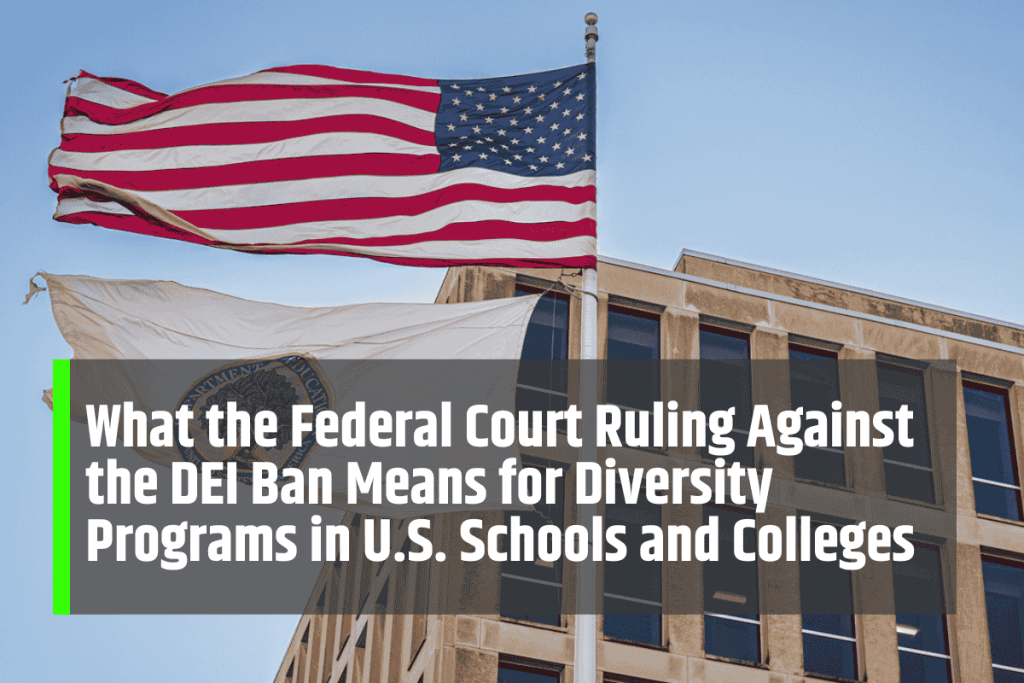
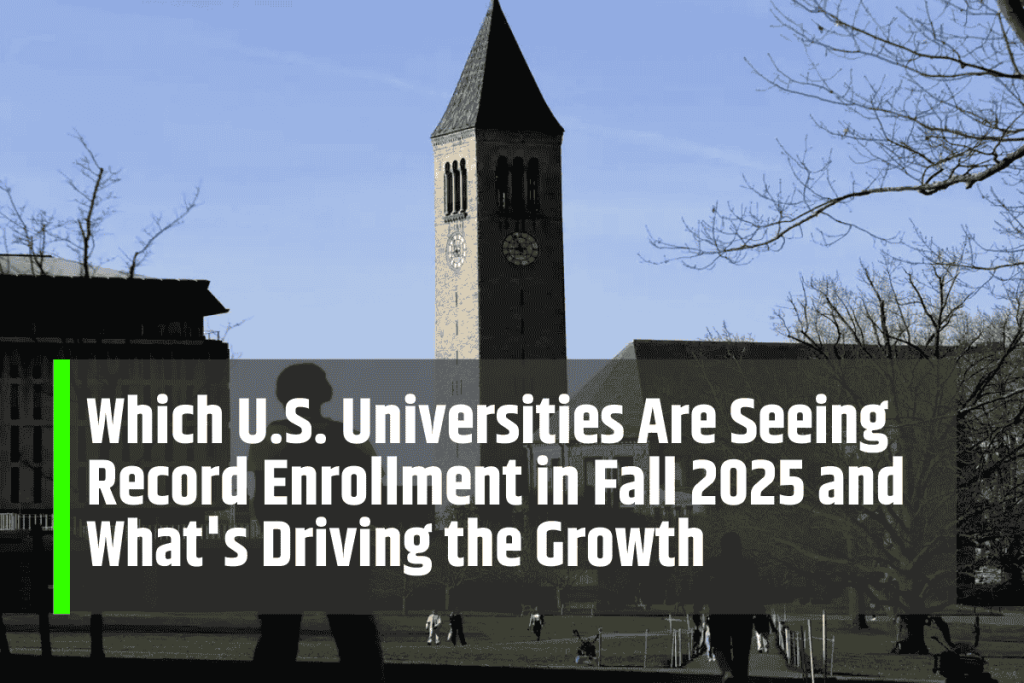
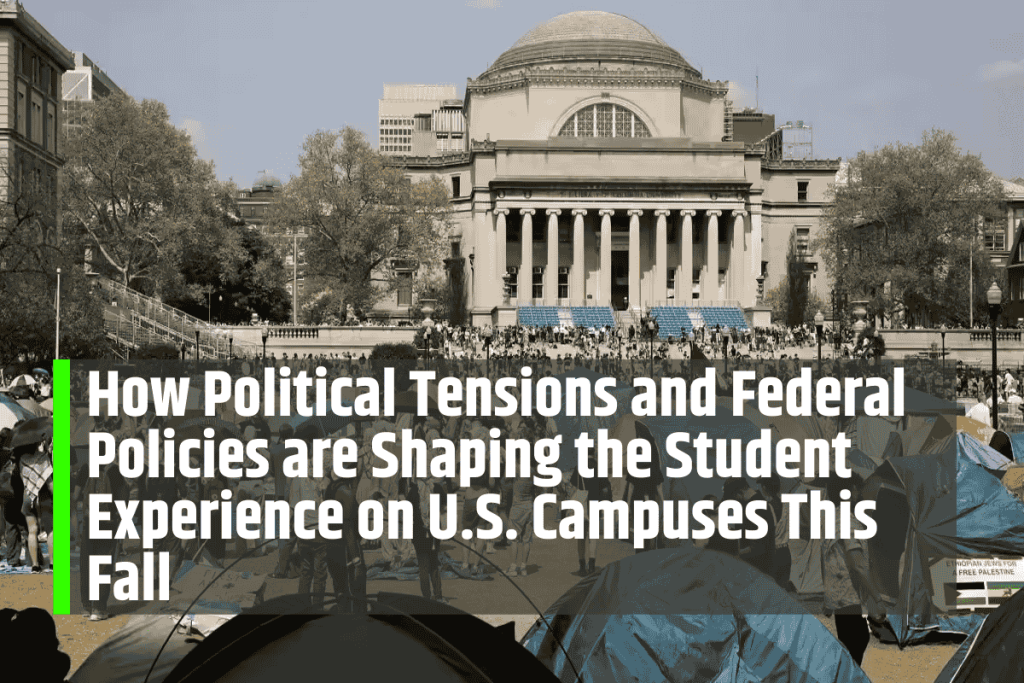
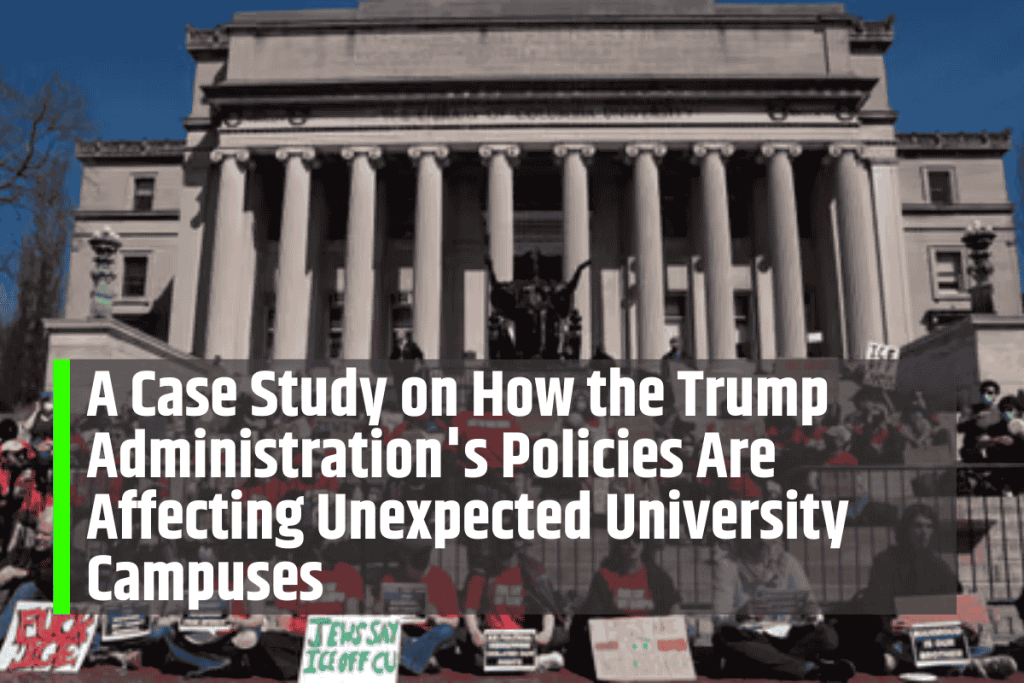
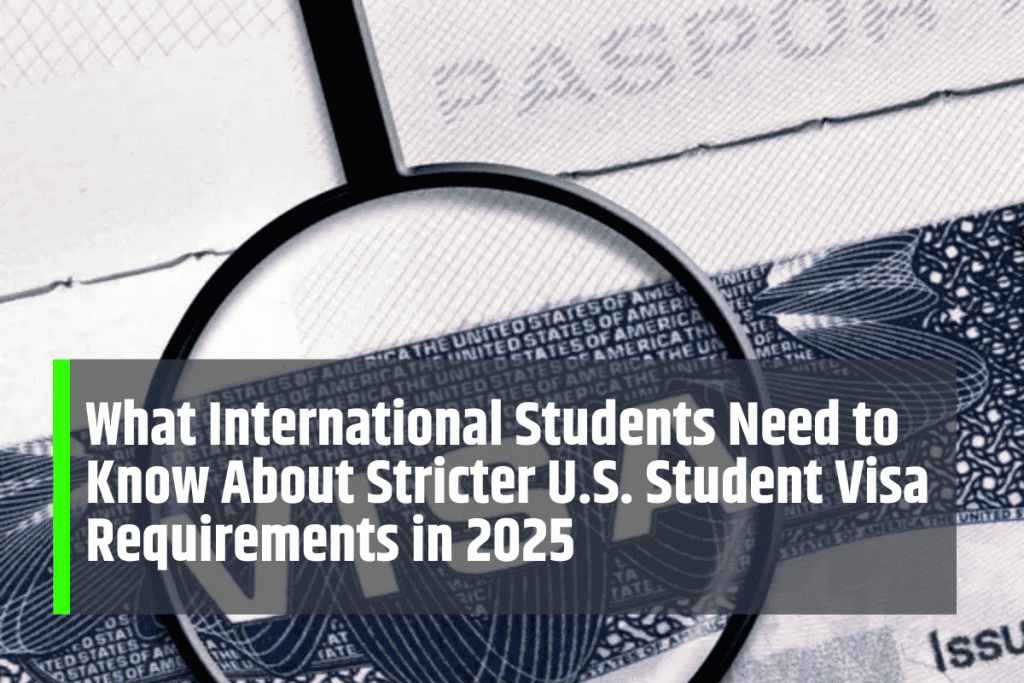
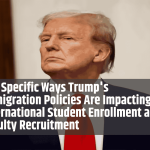

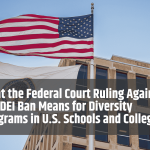
Leave a Comment